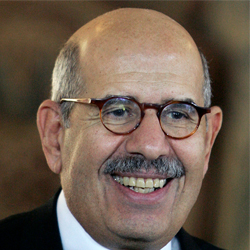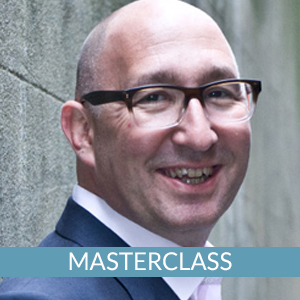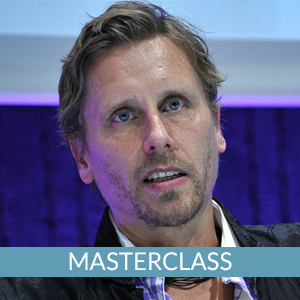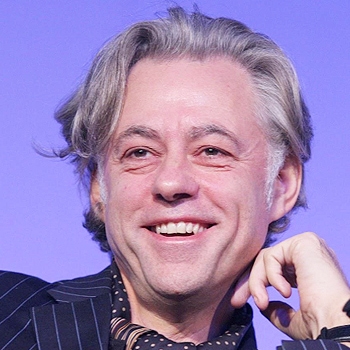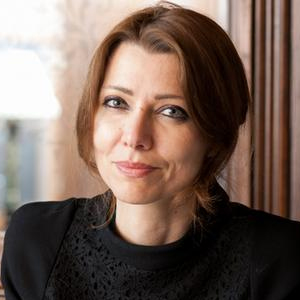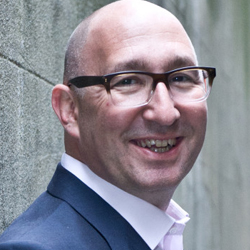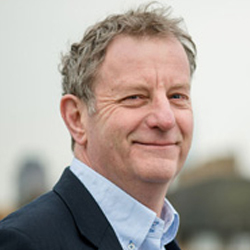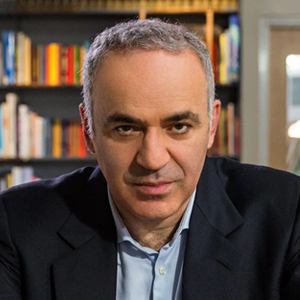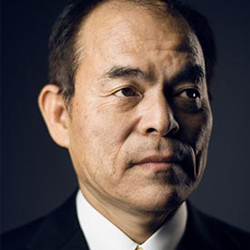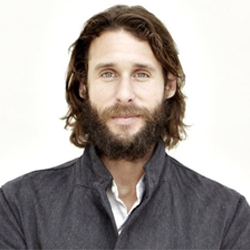Mohamed El Baradei was the Director General of the International Atomic Energy Agency (IAEA), an intergovernmental organisation under the auspices of the United Nations, from 1997 to 2009.
In 2005, Mr El Baradei and the IAEA were jointly awarded the Nobel Peace Prize "for their efforts to prevent nuclear energy from being used for military purposes and to ensure that nuclear energy for peaceful purposes is used in the safest possible way." In its citation, the Norwegian Nobel Committee referred to the IAEA´s work as being of "incalculable importance", and referred to El Baradei as an "unafraid advocate" of new measures to strengthen the nuclear non-proliferation regime.
During his tenure at the IAEA, Mr El Baradei employed diplomacy to deal with nuclear rows over Iraq, North Korea and Iran, and insists that even in the most difficult situations, progress can be made."Verification and diplomacy, used together, can work," he says.
After departing the IAEA, El Baradei returned to Egypt, and in 2010, he founded the National Association for Change, a non-partisan group that works for democratic reforms of Egypt's electoral system. He served as the interim Vice President of Egypt, with special responsibility for foreign policy, from 14 July 2013. When the government employed lethal force to disperse pro-Morsi demonstrators in Cairo, El Baradei resigned in protest, exactly one month after taking office.
During his career as diplomat, international civil servant and scholar, Mr El Baradei has become closely familiar with the work and processes of international organisations, particularly in the fields of international peace and security and international development. He has lectured widely in the fields of international law, international organisations, arms control and the peaceful uses of nuclear energy, and is the author of various articles and books on these subjects. His latest book was published in 2011, ‘The Age of Deception: Nuclear Diplomacy in Treacherous times’.
Mr El Baradei has received many global awards for his work as a public servant and as an advocate of tolerance, humanity and freedom.
